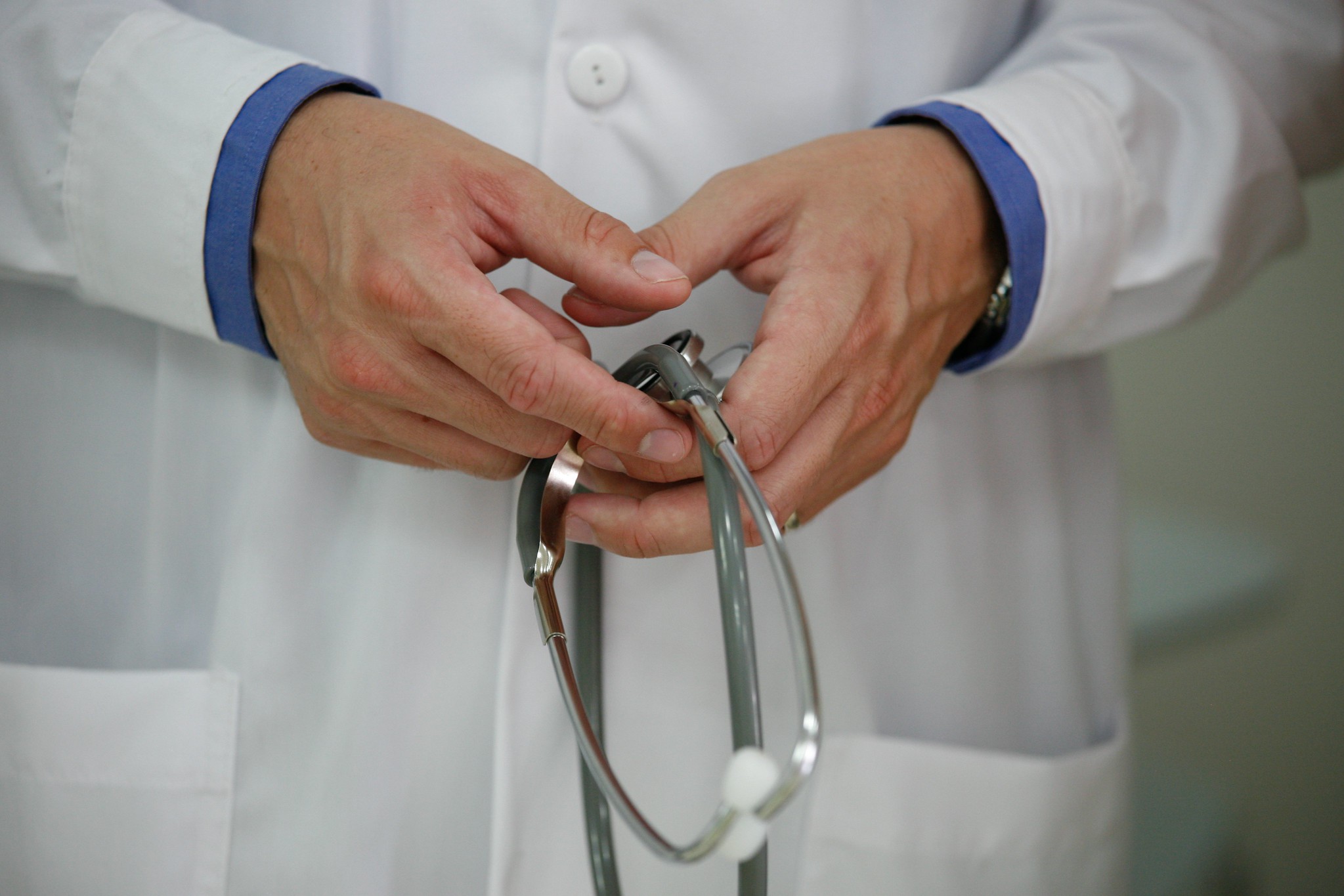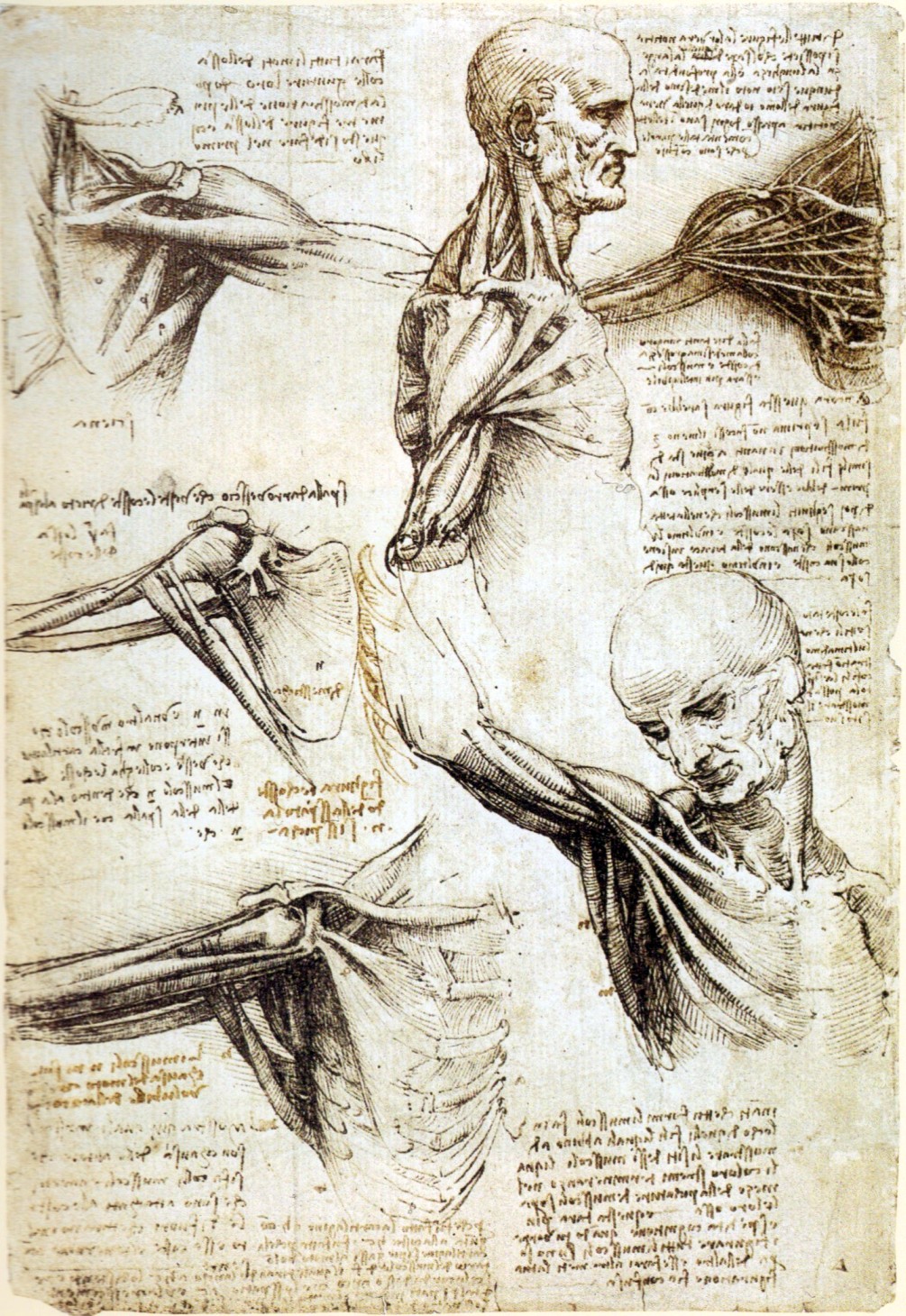A Reflection on My First Year of Medical School
The night before my white coat ceremony in mid-September, I took a drive around Worcester to clear my head. The windows were down, and I could feel the breeze on my face as my car picked up speed along Route 9.




